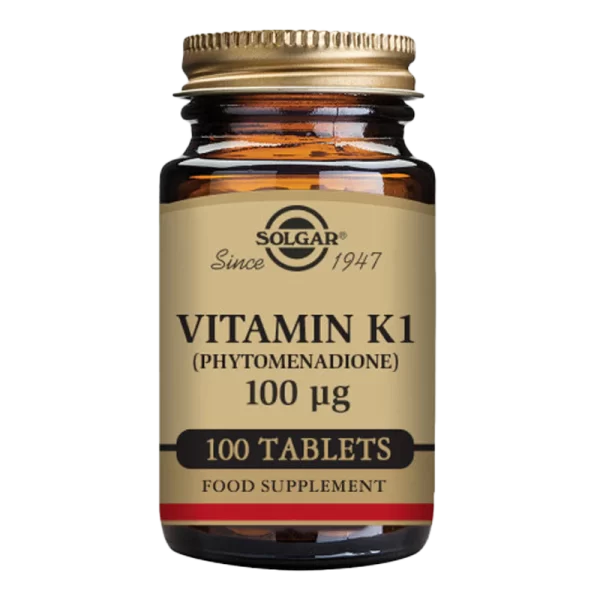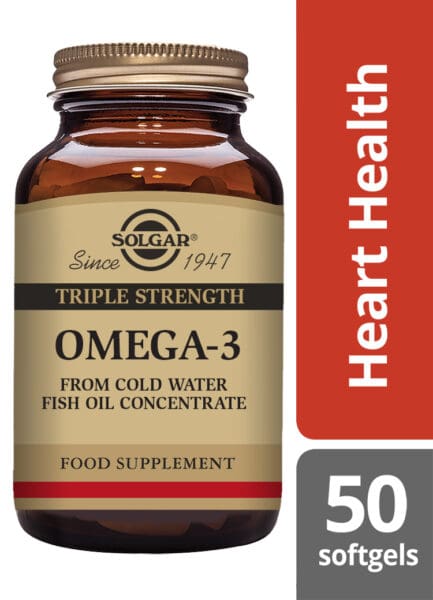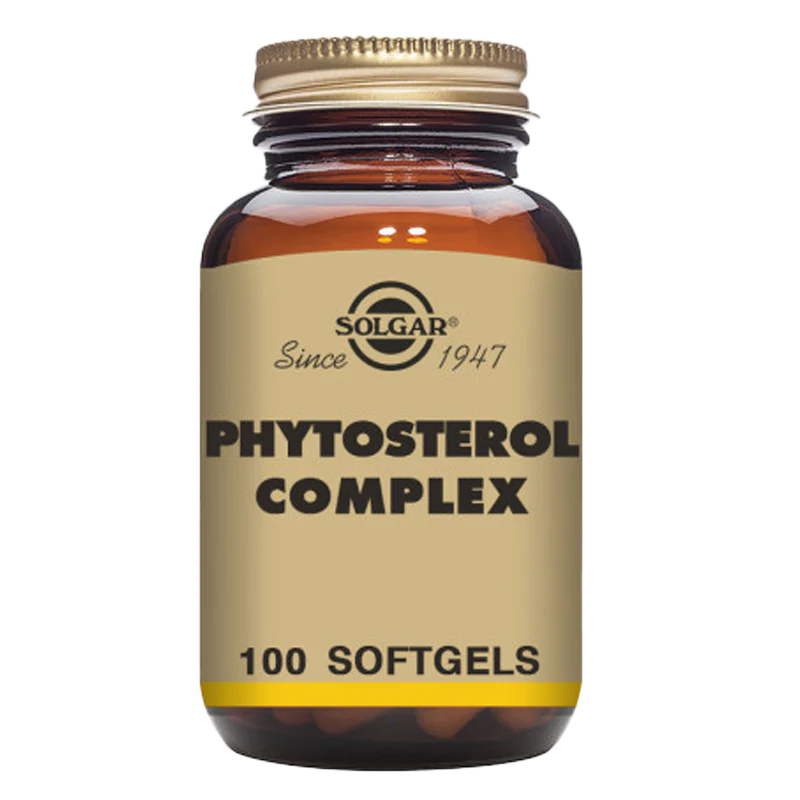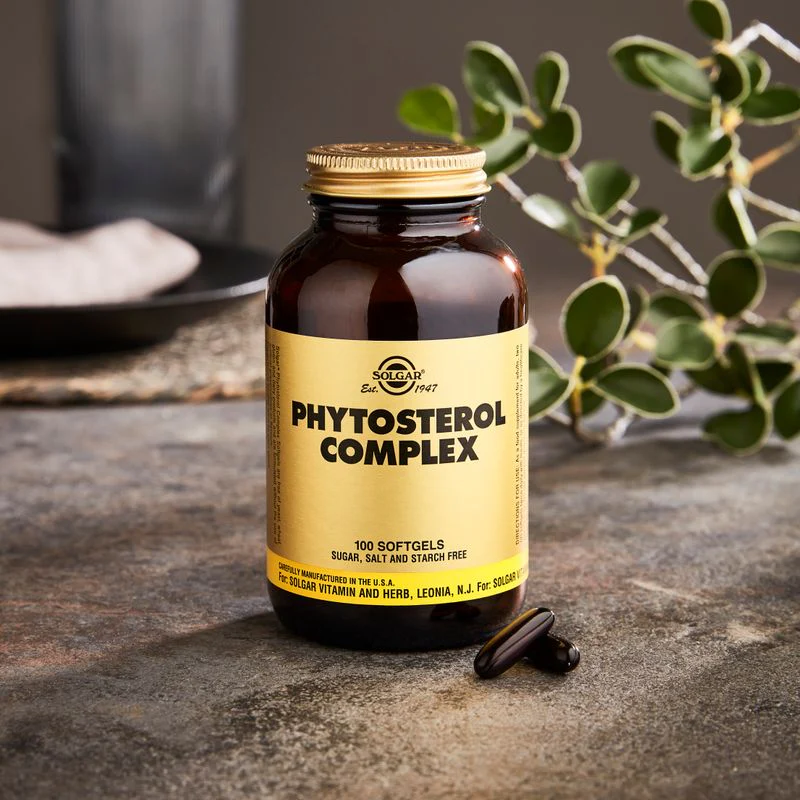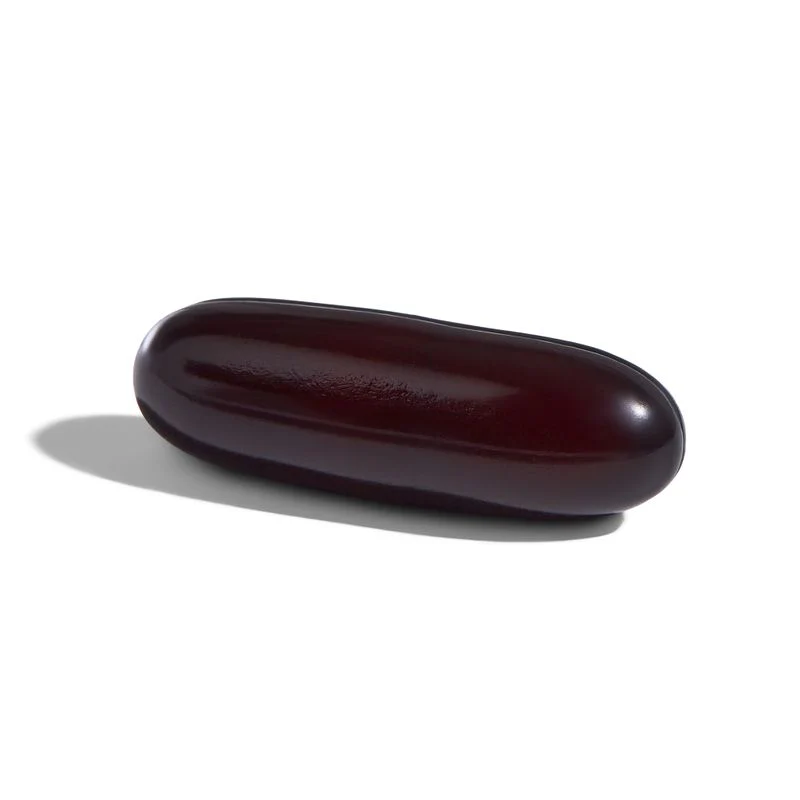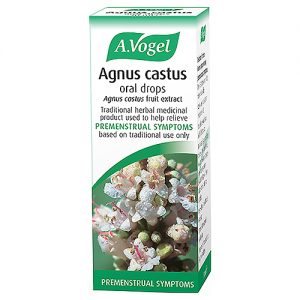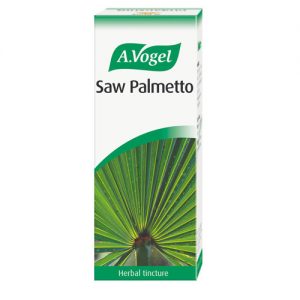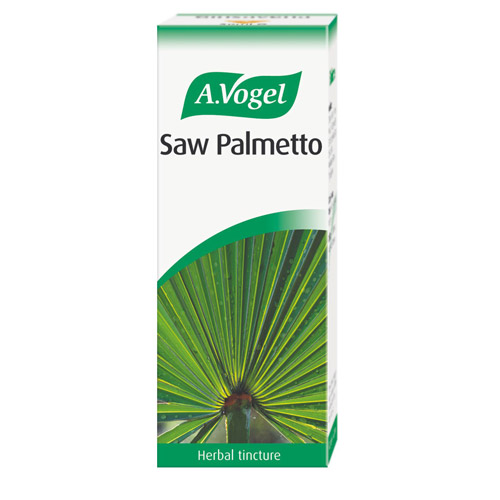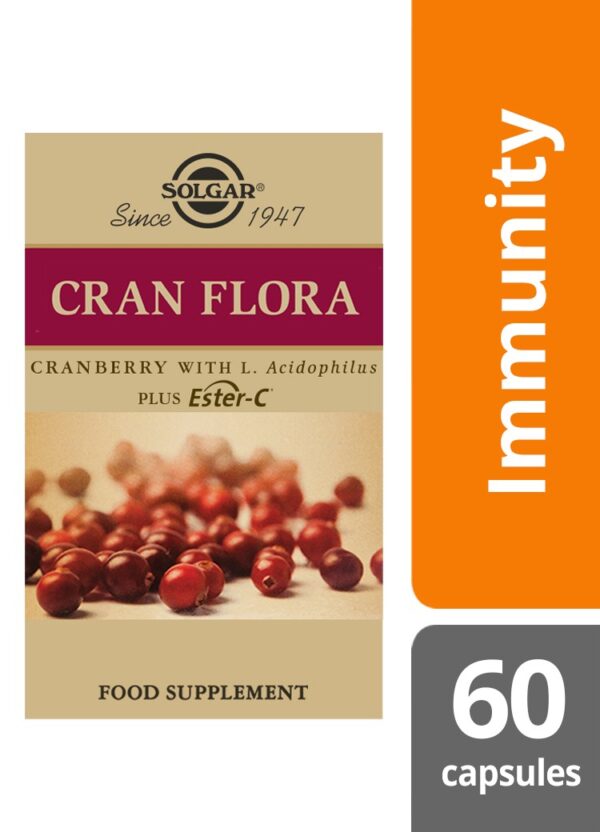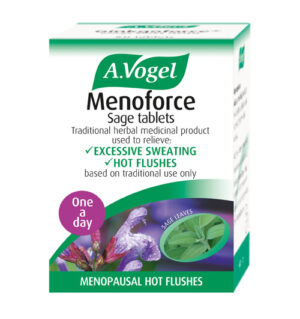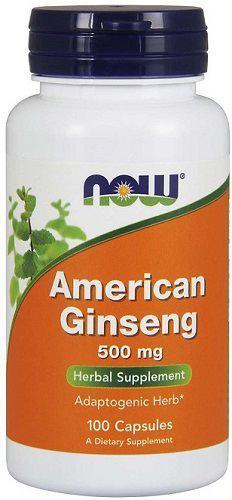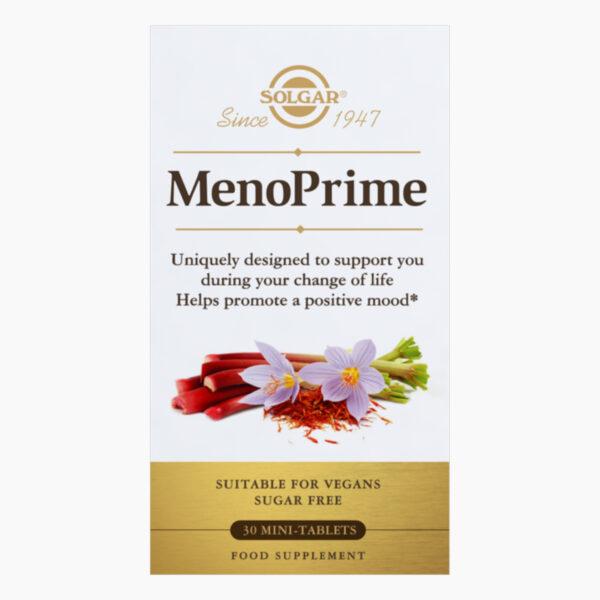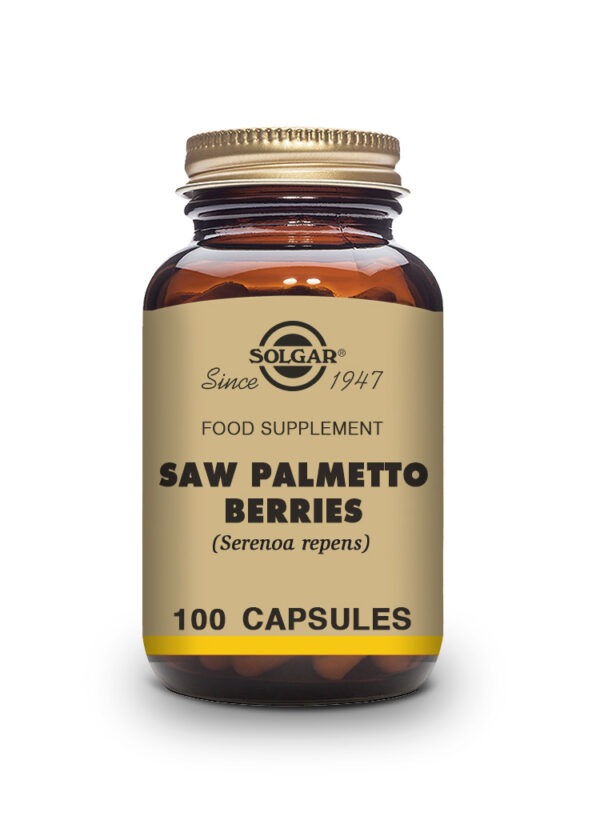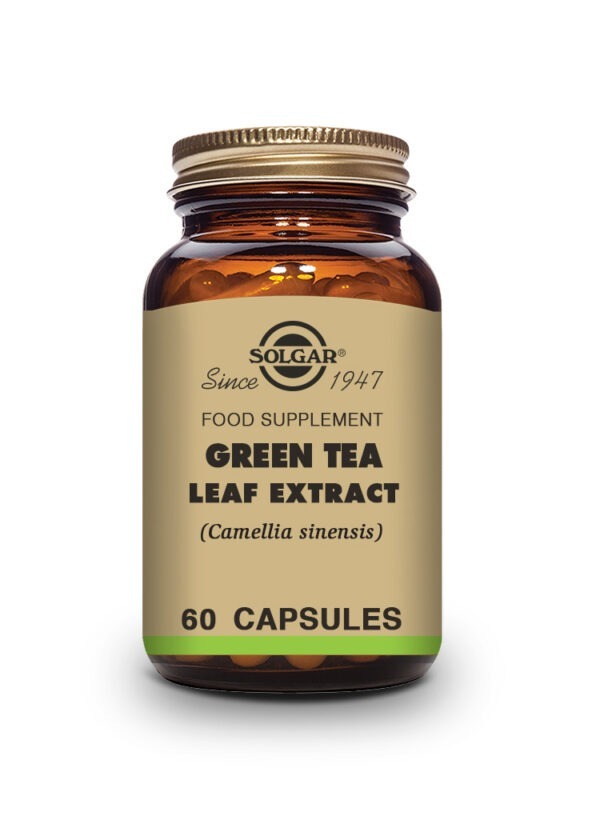Description
Phytosterol
Solgar Phytosterol Complex is a dietary supplement containing plant sterols and plant stanols. These are naturally occurring compounds found in plant cell membranes that are structurally similar to cholesterol. Because of this similarity, they can help block the absorption of dietary cholesterol in the small intestine. Here’s a breakdown of its uses and potential health benefits:
Uses and Potential Health Benefits:
-
Lowering LDL Cholesterol (the “bad” cholesterol): This is the primary and most well-researched benefit of phytosterols. By interfering with cholesterol absorption, phytosterols can help reduce LDL cholesterol levels. Multiple studies have shown that consuming 2-3 grams of phytosterols per day can lower LDL cholesterol by 6-12%. This effect is particularly important for individuals with high cholesterol or those at risk for heart disease.
-
Cardiovascular Health: By lowering LDL cholesterol, phyto-sterols can contribute to overall cardiovascular health. Lowering LDL helps reduce the risk of plaque buildup in arteries (atherosclerosis), which can lead to heart attacks and strokes.
-
Supporting Healthy Cholesterol Levels: phyto-sterol supplements may be a useful tool for individuals looking to maintain healthy cholesterol levels, particularly when combined with a heart-healthy diet and regular exercise.
-
Potential Adjunct to Statin Therapy: In some cases, phyto-sterol may be used in conjunction with statin medications (cholesterol-lowering drugs). While they don’t replace statins, they can potentially enhance the cholesterol-lowering effects. Always consult with your doctor before combining supplements with prescription medications.
Important Considerations:
-
Dosage: The generally recommended daily intake of phyto-sterol for cholesterol lowering is 2-3 grams. It is crucial to follow the dosage instructions on the Solgar Phytosterol Complex product label or as advised by your healthcare provider. Exceeding the recommended dosage may not provide additional benefits and could potentially increase the risk of side effects.
-
Dietary Sources: plant sterols are found naturally in various plant-based foods, including vegetable oils, nuts, seeds, whole grains, fruits, and vegetables. However, it can be challenging to consume enough phytosterols through diet alone to achieve significant cholesterol-lowering effects, hence the use of supplements.
-
Side Effects: Phytosterol supplements are generally considered safe for most people when taken at recommended doses. However, some individuals may experience mild gastrointestinal side effects, such as:
-
Gas
-
Bloating
-
Constipation
-
Diarrhea
-
-
Drug Interactions: Phytosterols may interact with certain medications, so it’s crucial to consult with your doctor before taking them, especially if you are already taking medication for high cholesterol or other health conditions. It is important to note the following:
-
Cholesterol Absorption Inhibitors (e.g., Ezetimibe): Because both phytosterols and ezetimibe work by reducing cholesterol absorption, combining them could potentially have additive effects. This combination should only be done under the close supervision of a healthcare professional.
-
Beta-carotene Absorption: High doses of phytosterols may slightly reduce the absorption of beta-carotene and other fat-soluble vitamins. It is important to maintain a balanced diet with adequate intake of fruits and vegetables. Some doctors may recommend taking a multivitamin.
-
-
Contraindications:
-
Sitosterolemia: This is a rare genetic disorder where the body excessively absorbs phytosterols. People with this condition should not take phytosterol supplements.
-
Pregnancy and Breastfeeding: There is limited research on the safety of phytosterol supplements during pregnancy and breastfeeding. It’s best to avoid them unless specifically recommended by your doctor.
-
Children: Phytosterol supplements are generally not recommended for children unless prescribed by a doctor.
-
-
Importance of Lifestyle Factors: While phyto-sterol supplements can be a helpful tool for lowering cholesterol, they should be used in conjunction with a heart-healthy lifestyle, including a balanced diet low in saturated and trans fats, regular exercise, and maintaining a healthy weight.
-
Individual Variability: The effectiveness of phyto-sterol supplements can vary from person to person. Factors such as genetics, diet, and overall health can influence the results.
-
Not a Replacement for Medical Treatment: phyto-sterol supplements are not a substitute for prescription medications or other medical treatments. If you have high cholesterol or other health conditions, it’s essential to consult with your doctor to determine the best course of treatment.
-
Quality: Choose a reputable brand like Solgar to ensure the quality and purity of the product.
Important Disclaimer: This information is for general knowledge and informational purposes only, and does not constitute medical advice. It is essential to consult with a qualified healthcare professional for any health concerns or before making any decisions related to your health or treatment. Self-treating can be dangerous. The effectiveness of phytosterol supplements can vary from person to person, and you should always follow the guidance of your doctor.

